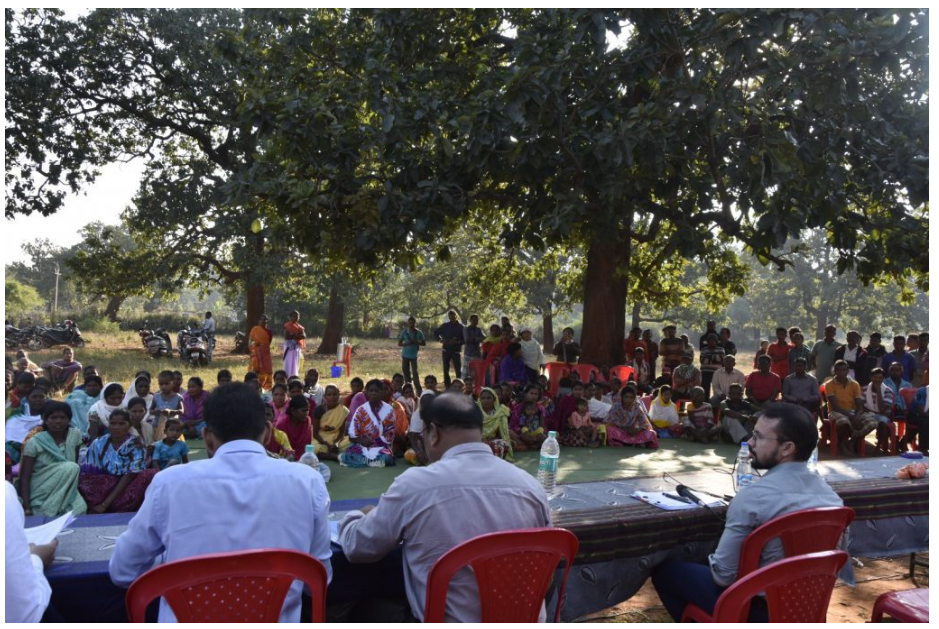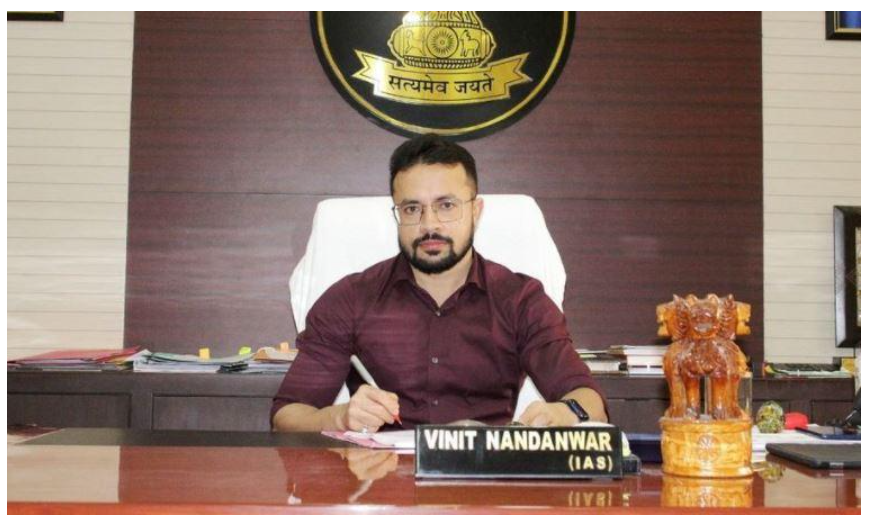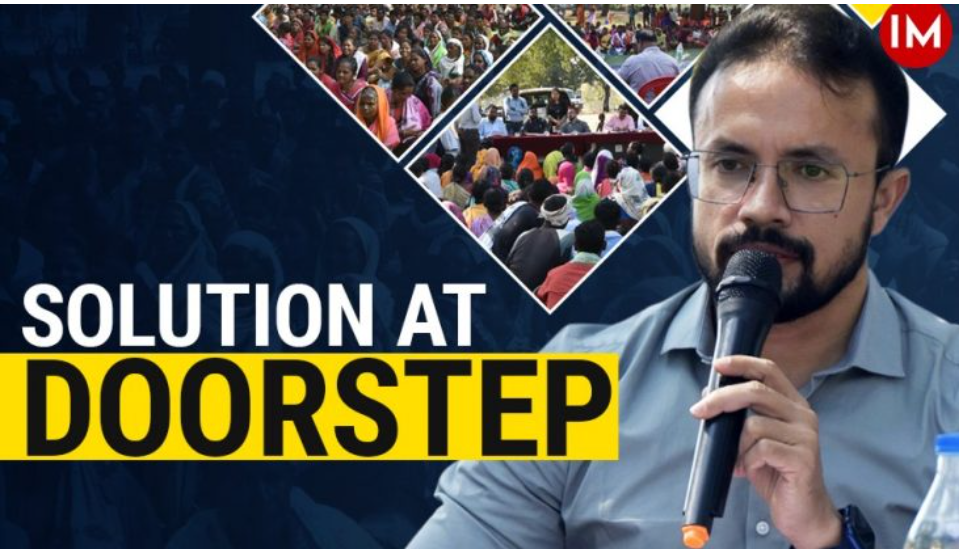Highlights
- ‘Nidaan Shivir’ started by Dantewada Collector Vinit Nandanwar is delivering solutions to people’s problems at their doorsteps
- Unlike other camps, this one continues for a month, and on the last day, the Collector himself visits the site to analyze the results
- The exercise has been helpful in declaring more than 50 villages revenue-conflict free
With 42% literacy rate and 50% children (age 0-6) malnourished, Dantewada is one the most remote and backward districts in the country. Tribal dominated and Naxal affected, development is a far cry for most of the people. In such a scenario, a District Collector has started an initiative which has brought government to the people’s doorsteps in a true sense.
The ‘Nidaan Shivir’ started by Collector Vinit Nandanwar is not just a mere exercise for collecting applications from the public but it is actually delivering solutions to their problems as well. Unlike other camps, this one continues for a month and on the last day, the Collector himself visits the site to analyze the results.
In an exclusive conversation with Indian Masterminds, DC Dantewada Vinit Nandanwar said that the presence of the Collector on site has boosted the confidence of the people and the methodology for these camps have ensured good results. More than 20,000 certificates, several thousands of ‘Van Adhikar Patta’ and other necessities have been delivered to the people at their doorsteps. Besides this, the exercise has been helpful in declaring more than 50 villages revenue-conflict free.
THE MODUS-OPERANDI
Generally, in camps like these, applications are collected and directed to different department for direction. If not monitored properly, no action is taken and the issue remains as it is. However, Mr. Nandawar has tweaked the methodology. A prior date for his visit is decided and a month is given to all departments to take out the applications and provide solutions.
A list of probable issues is already prepared before his arrival, which includes certificates, aadhar card, ration, infrastructure, and revenue conflicts. Ground level staff visit houses and get the applications. Based on the problems, the concerned authorities take action and are ready with a report before the Collector’s visit.
On the camp day, the DC sits with all the staff and officials in the presence of the public. He goes through the complaints one by one and asks the concerned staff what has been done about it. A review from the public is also asked. “This process has made everything easy. It allows proper time for action and monitoring which ensures proper result,” Mr. Nandanwar said.

LESSON FROM THE PAST
Hailing from Jagdalpur, Mr. Nandanwar belongs to OBC. In his school days, he had to struggle for the caste certificate which ensures several benefits for a student, like scholarships, rebates in fees, and reservations in educational institutes, and employment. Many students and individuals have to struggle for such a basic certificate. Even Mr. Nandanwar had faced problems due to this and learning a lesson from his own experience, he has strategied a plan which has been effective. With ‘Nidaan Shivir’, no one has to make circles of government offices for such things as they are delivered at their doorstep.
REVENUE CONFLICT FREE VILLAGES
Making villages revenue conflict free is also one of the main objectives of these camps. With predominantly tribal population, land conflicts in terms of mutation, removing the names of the deceased, partition, etc., are common. The revenue records needed updation in numerous villages so that the villagers can avail the benefits. The revenue office was required to update all land records under which mutation, partition, and demarcation had been done, and each record (khata) of the village was cross-checked by announcing Rights of Record (B1 vachan) in the camps.

A total of 1,369 cases related to land conflicts were resolved in these villages and 50 villages in the district were declared revenue conflict-free villages. “For us, it is just a case but people suffer a lot due to these conflicts. If the record is not updated, the beneficiary can’t sell their crops. However, maintaining the conflict-free status is tough as the situation can change with a death in the family. So, now the target is to maintain it,” said the officer.
After the revenue records updation, 6000 new farmers have been registered for selling crops, especially paddy. “A family which recently lost the father came to me. Earlier, all the members had to go for registration for selling the crops. Now that the record is updated, their issue has been resolved,” Mr. Nandanwar said, giving an example of how the initiative is making lives easier for the villagers.
Article Credit: indianmasterminds
